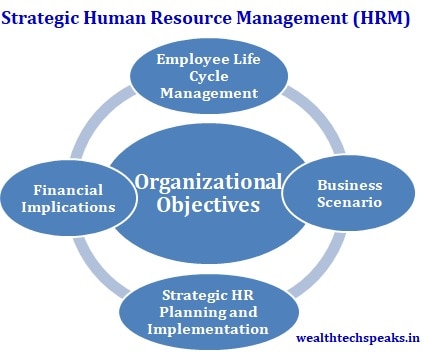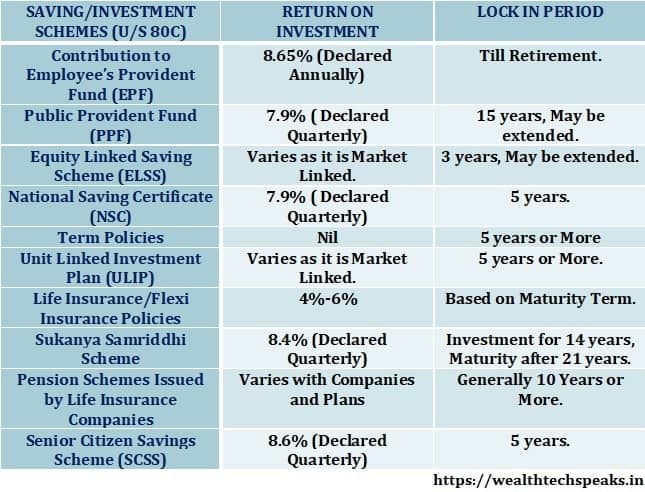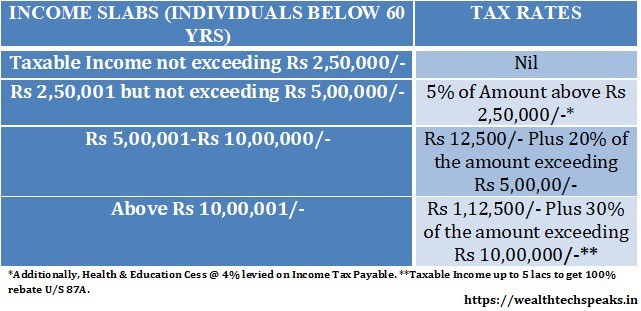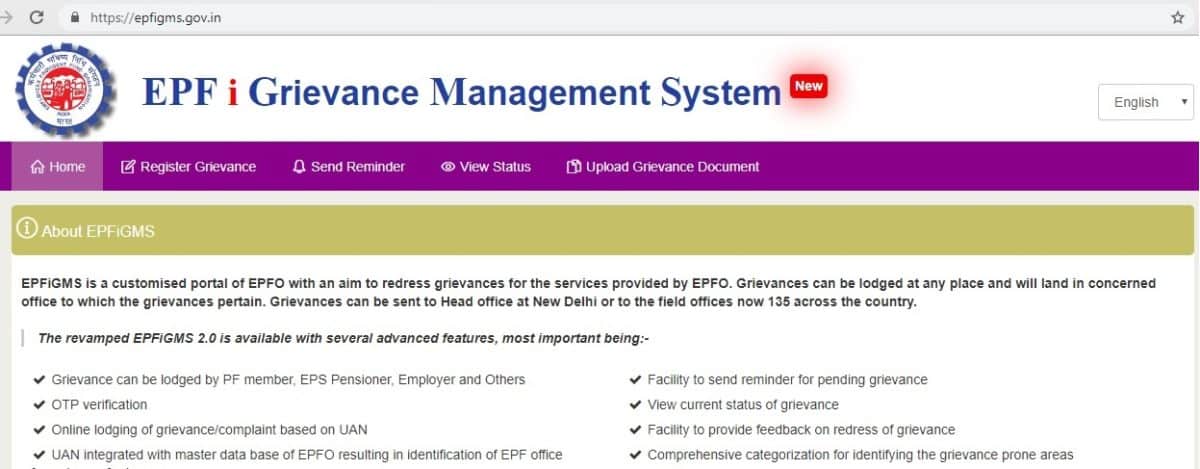
SIP By SIP, Plan for a Secure Future!!!
- Posted By Amritesh
- On July 17th, 2018
- Comments: 2 responses
Ever imagined that securing one’s future could be as easy as taking a “SIP” of Coffee?
Sounds weird!!! Well, I’m going to explain as to how one can easily secure his/her future just by being financially disciplined. In my previous post I have already expressed the need to “Plan Your Investment”, in this post I will discuss the possible ways to achieve your Financial Goals with small investments.
Attainment of Financial Goals does not necessarily require lump sum investments. The same may be achieved with the combination of smart planning, financial discipline and defined objectives.
How SIP helps in “Planning Your Investment”?
As all of you are aware, Mutual Fund is fast emerging as the preferred choice of investment among investors. The past performance coupled with modest returns offered by the alternative Investment Products is driving Investors towards Mutual Fund.
Investment in Mutual Fund may be made in lump sum or via SIP (Systematic Investment Plan). SIP allows investor to invest a small amount on regular basis in a Mutual Fund Scheme. Investment in Mutual Funds through SIP has got distinct advantages.
SIP is the most preferred and recommended choice of Investment in Equity Mutual Fund. It enables Individuals to start with a contribution as small as Rs 500/- a month, i.e, an investment of less than Rs 17/- a day. Thereby implying, if an Individual simply cuts down on consumption of junk foods, or any such unhealthy habits, he/she should save enough for investment without any extra effort, not to ignore the health benefits.
SIP Investment
Investment in Equity Mutual Funds via SIP is very easy and one may start with investment Online in few simple steps from the comforts of home or office as per one’s convenience. Return on Investment (ROI) in Equity Mutual Funds via SIP is comparatively higher when compared to other fixed return instruments. However, one should remain invested for long term (atleast 10 years) to witness substantial appreciation of wealth.
Investment in Equity Mutual Fund through SIP provides opportunity to maximize returns and mitigate risk as the fund maintains equilibrium through regular investment. Moreover, Equity market is prone to fluctuations which may not be conducive for lump sum investment. Therefore, as the investment through SIP is evenly spread it protects the eroding of capital due to market downturns.
Advantages of Investing via SIP
Disciplined Investing: Investment through SIP requires regular contribution to the Mutual Fund irrespective of the market scenario. Hence, Individuals are compelled to continue investing in the fund over a long term which instills discipline in terms of “Investment Planning”.
Power of Compounding: It is the reinvestment of the interest earned on Investment. The power of compounding converts a very small investment into a large corpus over a period of time. Hence, it is very important to start early and continue investment over long term to reap the benefits of “Power of Compounding”.
Say, Mr. X starts monthly investment of Rs 1,000/- in Equity Mutual Fund @12% return for 15 years, the amount would have grown to Rs 5,04,576/- at the end of the period. Thus investment of Rs 1,80,000/- provides gain of Rs 3,24,576/-.
Rupee Cost Averaging: Since the equity market is volatile, SIP investment is made at different levels, thus when market falls the NAV (Net Asset Value) of the fund goes down more units get allocated to the portfolio. Thus, per unit cost goes down providing opportunity for higher gains.
Thus SIP Investment is not only easy but also the ideal way to maximize one’s wealth.
Disclaimer: The information on this site is provided for discussion purposes only, and should not be misconstrued as investment advice. Under no circumstances does this information represent a recommendation to invest in Mutual Funds. Readers are advised to research further to have more clarity on the topic. It is very important to do your own analysis and consult your Financial Advisor before making any investment based decision.







